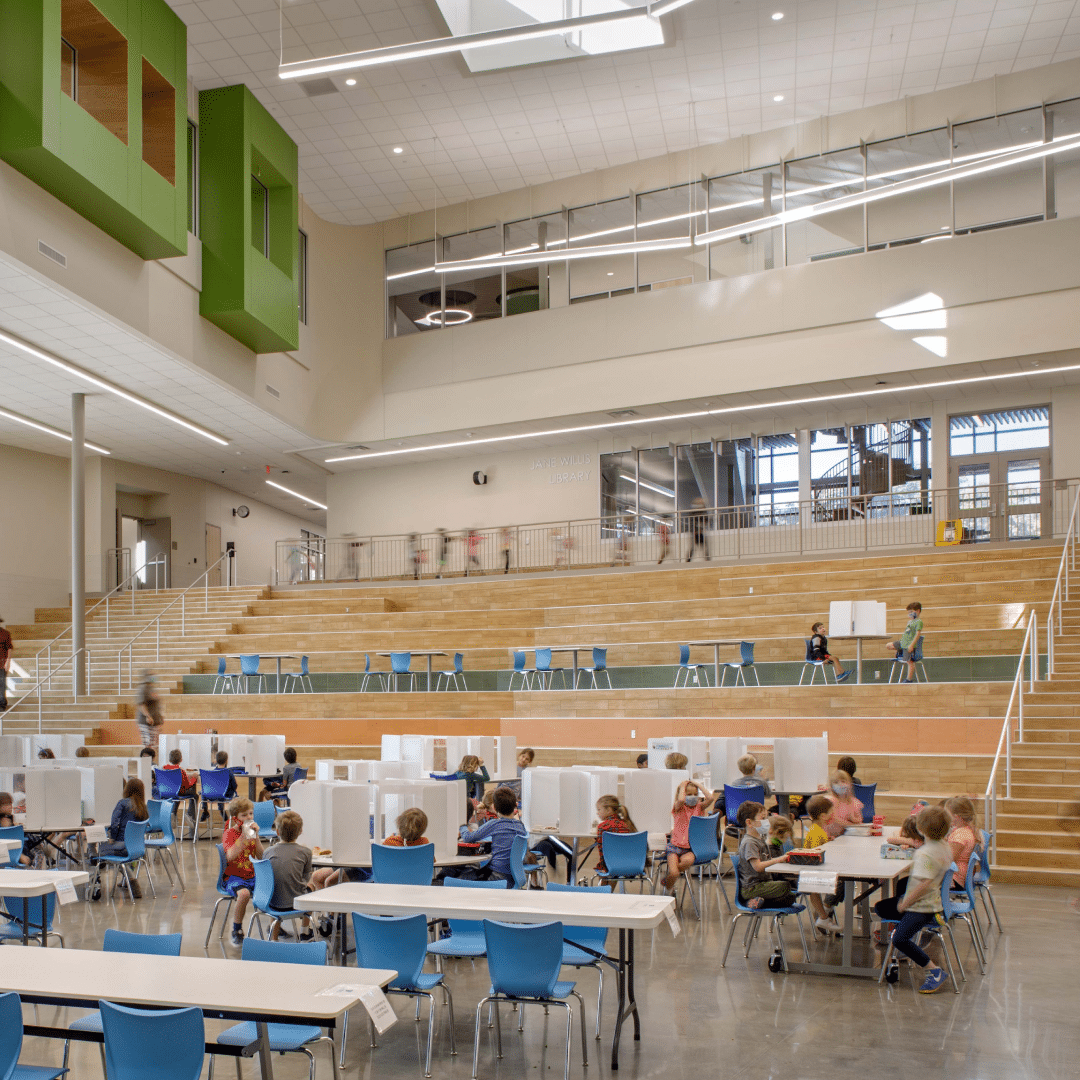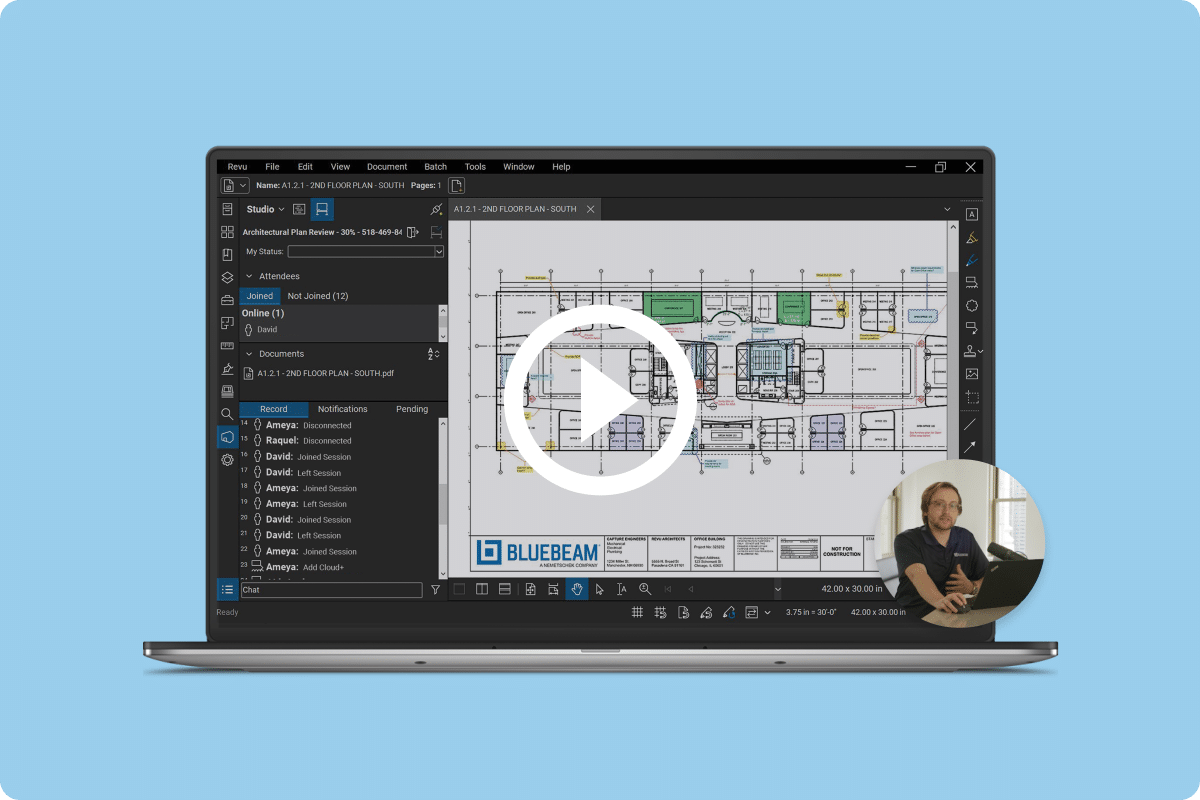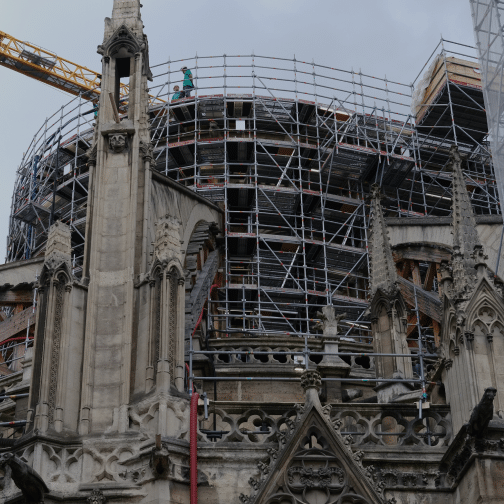Continuous processes without analog breakdowns
High-quality planning and construction work demands digital processes that are as standardized as possible, with no aggravating analog breakdowns. Every construction project handled by the 17-person Ribuna AG team is unique, so the only things that can be standardized in these projects’ implementation are recurring construction elements and details. The obvious approach was therefore to pay even closer attention to procedures and processes in other areas, identifying where scarce time and other valuable resources can be saved.
Finding the biggest potential wastes of time in the office didn’t take long, as internal work processes can waste huge amounts of time, particularly with complex construction tasks and intricate project coordination. This is where the engineers at Ribuna decided to start, by finding digital tools that would make processes more efficient and help to minimize the potential for errors by optimizing and standardizing processes.
Digitalization and digitization maximize efficiency
“Our project partners send us so many sheet sets and they all use their own CAD or BIM software. Using Revu means we can use a standardized PDF data set to check the plans and, for example, draw up service specifications for construction service tenders.”
Andreas Blatter
Managing Director
Ribuna AG
The speed at which Ribuna has become an agile new player in a market full of successful general planning and engineering practices is impressive. Although the company was established just two years ago, it already boasts plenty of successful projects in infrastructure construction, bridge renovations, civil engineering construction and roads and hydraulic construction.
Alongside staffing expertise and planning experience, consistent digitalization and digitization of every process—right from the start—was a crucial factor in the company’s rapid success in acquiring customers and working with project partners. To make this possible, the four Ribuna partners got together beforehand and analyzed the advantages and disadvantages of how things were done in their old company and before the buyout. This quickly identified that creating efficient internal and external project processes would be important for operating with a streamlined yet capable number of employees in the engineering practice.
Nemetschek sister company supports implementation
When the Ribuna engineers were researching the market for a suitable tool that would optimize both internal processes and interaction with external project partners to create a proven planning and construction process that would be both transparent and reliable, they came across Bluebeam Revu. The company has worked with Allplan Engineering since it was first set up, so Allplan quickly introduced them to its sister company Bluebeam. The software provider guided and advised the engineers through the entire implementation process and provided extensive technical support.

Pandemic drives digital transformation
Digitized and digitalized processes became hugely important in 2020. One of the drivers behind this—which nobody had imagined earlier on in the year—was the COVID-19 pandemic. Within just a few short weeks, ongoing projects had to move to a decentralized approach and teams of colleagues switched to working from home. Planning quality, on the other hand, could not be allowed to suffer, as almost every construction site continued operating without any great restrictions.
Oberried Station: collaborating digitally
“Now we only print out plans if we really need to. Depending on the project’s complexity, I estimate that we have reduced the amount of paper we use by between 20%-50%.”
Andreas Blatter
Managing Director
Ribuna AG
The Ribuna engineers in Interlaken were also faced with the challenge of this unique pandemic situation. One of the projects that very rapidly switched to a paperless system from team members’ home offices was Oberried Station on Lake Brienz. This is an important intersection in the Swiss Zentralbahn rail network and links Interlaken, Lucerne and Engelberg, so the station has been particularly significant for more than 100 years. Ribuna is responsible for the general planning of the station’s complete refurbishment and making it fully accessible. The project started in summer 2020 and preliminary work is currently underway on the tracks and in the station buildings. Construction is scheduled to run from December 2021 to April 2022, when the station will be put back into service. The total project cost is CHF 10 million.
“Bluebeam Revu has been playing a special role at Oberried Station. Despite COVID-19 and working from home, we were quickly able to move the project teams to a digital and decentralized approach. When it comes to software that supports paperless working, we opted for Revu, just as we did when we were in the office,” said Ribuna Managing Director Andreas Blatter. “Also, if plans have to be discussed within the team, they are clearly displayed on large screens in the Ribuna AG conference room. With a computer connection and Bluebeam Revu, any changes can be made while the discussion is in progress.”

Optimal transparency and document tracking
When the Ribuna team investigated and tested out the Bluebeam Revu features and potential applications, it quickly realized how perfect it was for Ribuna AG’s requirements.
An important benefit is connectivity between everyone involved in the planning process: all the team members can access, correct and mark up project data and plans in real time, anytime and from anywhere, and return them to project partners. With Bluebeam Revu, the team can create routines for crucial planning approvals from the client or specialist planners, track comments and complete design reviews quickly and faultlessly. Permissions can also be amended flexibly right from the start of the planning process, which means that everyone who needs to receive information at a specific point in the project receives it right on time, so that the team can return it with their approvals or markups. The result is a high level of security and transparency for the project coordinator and the Ribuna team. Coworkers in Interlaken can see the processing or approval status at all times and can track the progress of problems in minute detail.
Precision with standardized data sets
The many features and process-optimizing tools in Bluebeam Revu were not the only decisive factors when Ribuna AG chose the software, however. The extensive functions for handling PDF data sets were far more important to them, as Andreas Blatter, design engineer and executive, explains: “Our project partners send us so many sheet sets and they all use their own CAD or BIM software. Using Revu means we can use a standardized PDF data set to check the plans and, for example, draw up service specifications for construction service tenders. We can do that thanks to a very precise, scaled measuring tool in the program.”

Extensive tools for editing PDFs
The range of tools for editing PDF data sets are another benefit. Making changes to plans isn‘t a problem; markups can be added to the document itself and then emailed to the relevant planning partners or linked as information on a project platform used by everyone. Said Andreas Blatter: “We hold the projects centrally on an internal server and all the team members access them there directly. There is a whole host of features, including the stamp function that enables us to document that design changes and other important details have definitely been viewed by the relevant project partners. And now we only print out plans if we really need to. Depending on the project’s complexity, I estimate that we have reduced the amount of paper we use by between 20%-50%.”




